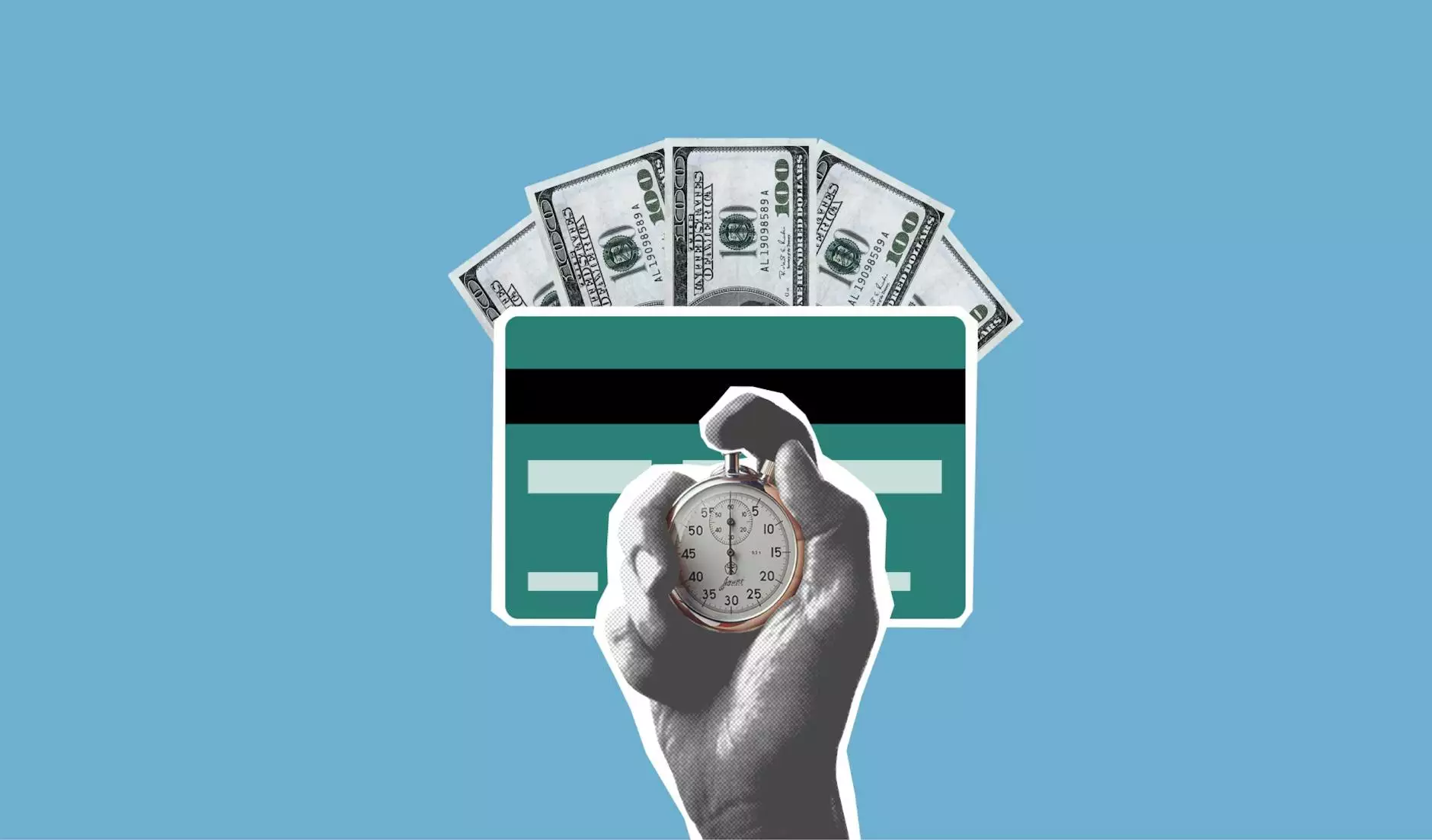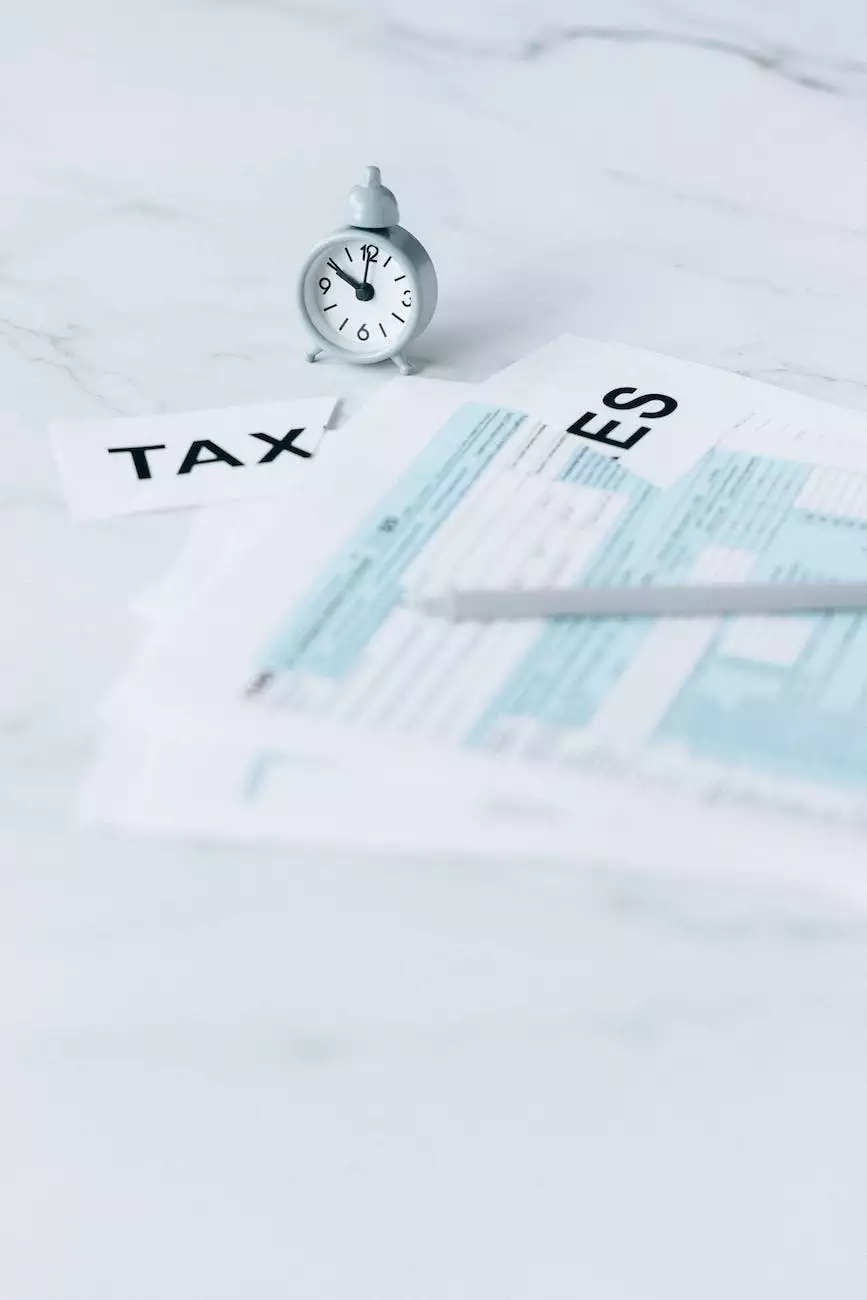Ask the Experts: Is it legal for creditors to call me at work?
Our Facility
Understanding Your Rights
When dealing with financial struggles, it can be overwhelming to receive constant phone calls from creditors, especially at your workplace. Many people wonder whether these calls are legal, and what rights they have in such situations.
At Social Service of America, we aim to provide you with expert advice and information, so you can navigate these challenging circumstances. In this article, we will explore the legal aspects surrounding creditor calls at work and offer guidance on how to handle them.
The Law Regarding Creditor Calls at Work
It is essential to understand that the laws related to creditor calls at work can vary depending on your location. However, certain rules apply across different jurisdictions.
In the United States, the Fair Debt Collection Practices Act (FDCPA) regulates the actions of third-party debt collectors. Under this federal law, debt collectors are generally prohibited from contacting debtors at inconvenient times or places, including their workplaces.
However, it's crucial to note that the FDCPA does not cover calls made by the original creditors themselves. This means that if a creditor is calling you at work, they may not be governed by the same restrictions imposed on third-party debt collectors.
How to Handle Creditor Calls at Work
If you are receiving calls from creditors at your workplace, it's important to know how to handle them effectively:
1. Familiarize Yourself with the Law
Research the specific laws and regulations in your jurisdiction regarding creditor calls at work. Familiarize yourself with your rights, as this knowledge will empower you when dealing with creditors.
2. Answer Calls Professionally
When answering calls at work, maintain a professional and composed demeanor. Politely ask the caller to contact you during non-work hours and provide them with an alternative phone number to reach you.
3. Communicate in Writing
Consider sending a written request to the creditor, asking them to cease all communication at your workplace. Keep copies of all written correspondence for your records.
4. Consult with an Attorney
If the calls persist or you feel your rights are being violated, it may be beneficial to consult with an attorney who specializes in debt collection practices. They can provide legal advice and represent your interests.
5. Keep Detailed Records
Document every creditor call, noting the date, time, and the nature of the conversation. These records will serve as evidence should you decide to take legal action against the creditor.
Conclusion
While the laws surrounding creditor calls at work can be complex, understanding your rights and taking appropriate steps to address the situation will help you assert yourself in such circumstances. Remember, it is crucial to stay informed, maintain clear communication, and seek professional assistance if needed.
At Social Service of America, we are dedicated to helping individuals through challenging financial situations by providing valuable information and resources. If you need further guidance or have specific questions, please reach out to our team of experts.










